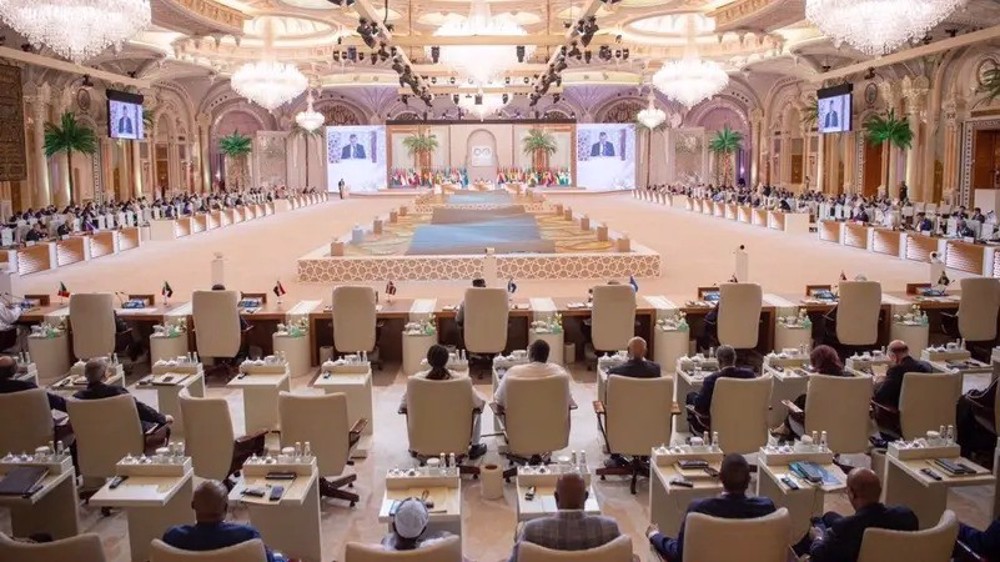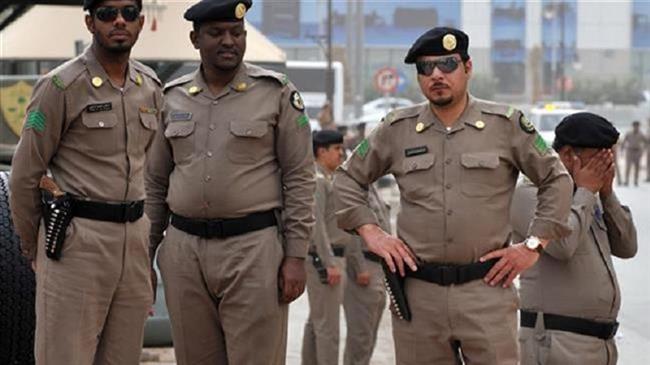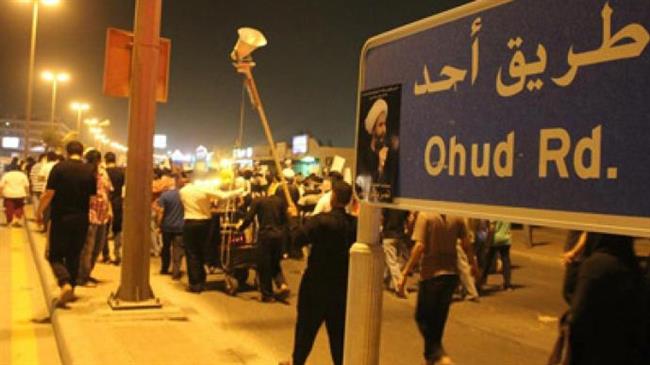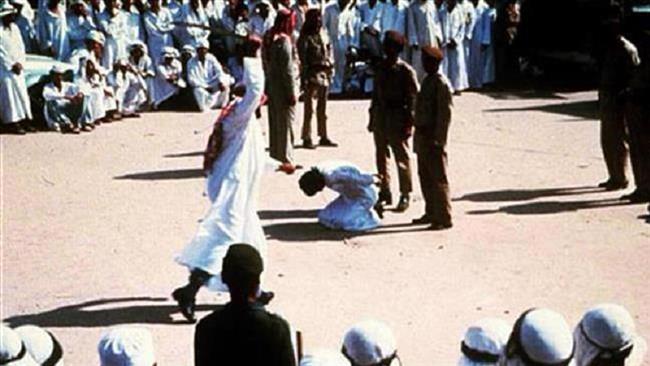Saudi Arabia puts seven inmates to death, brings 2018 beheading toll to 73
Saudi Arabia has put to death inmates convicted of murder and drug trafficking, bringing to 73 the number of executions in the oil-kingdom this year.
The state-run SPA news agency reported that two Saudi Arabian citizens and three nationals of Chad were executed on Tuesday after being sentenced to death for the abduction and murder of a Pakistani security guard. The quintet had purportedly sought to rob the warehouse the guard was watching over.
Another Saudi was beheaded for setting a man on fire and causing his death.
Moreover, a Lebanese national was executed for attempting to smuggle Captagon pills into the kingdom.
Captagon is a psychostimulant which is made of a combination of amphetamine and theophylline. It is highly addictive, and became illegal in most countries in 1986.
It also makes users feel energetic and happy, which is why it has been dubbed “chemical courage.”
Saudi Arabia is one of the top executioners in the world, with more than 2,000 people executed between 1985 and 2016.
Suspects convicted of terrorism, homicide, rape, armed robbery and drug trafficking face death penalty.
Saudi Arabia carried out 153 executions across the kingdom in 2016. In the most stunning case of executions, Saudi Arabia executed on January 2 that year Sheikh Nimr Baqir al-Nimr along 46 other people in defiance of international calls for the release of the prominent Shia cleric.
Saudi Arabia carried out 158 executions, including 71 foreign nationals, in 2015.
According to the London-based rights group Amnesty International, many people in Saudi Arabia are sentenced to death and executed following seriously flawed court proceedings that routinely fall far short of international fair trial standards.
It added that the defendants are often convicted solely on the basis of “confessions” obtained under torture and other ill-treatment, denied legal representation in trials which are held in secret, and are not kept informed of the progress of the legal proceedings in their case.
Israel kills 5 more paramedics in southern Lebanon: Health ministry
Iran to launch ‘new, advanced’ centrifuges in response to IAEA resolution: AEOI
Yemen fires hypersonic missile at Israeli airbase
VIDEO | New Delhi chokes under toxic smog as air quality remains at hazardous levels
VIDEO | Press TV's news headlines
VIDEO | ICC's arrest warrant for Netanyahu to worry Western politicians: Former British diplomat
Iranians protest against Israel after Netanyahu ICC warrant
Germany undecided on complying with ICC arrest warrants for Israeli war criminals















 This makes it easy to access the Press TV website
This makes it easy to access the Press TV website